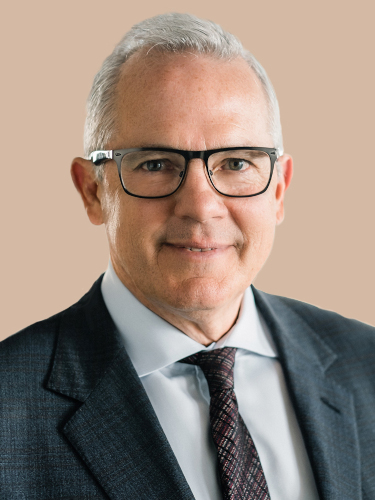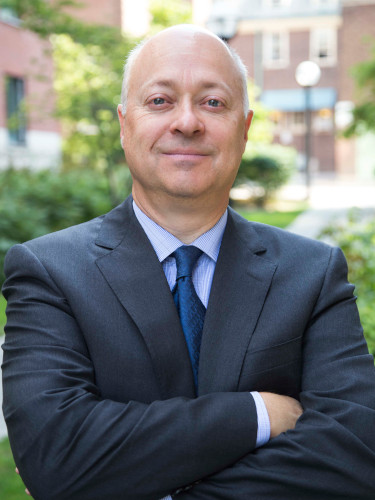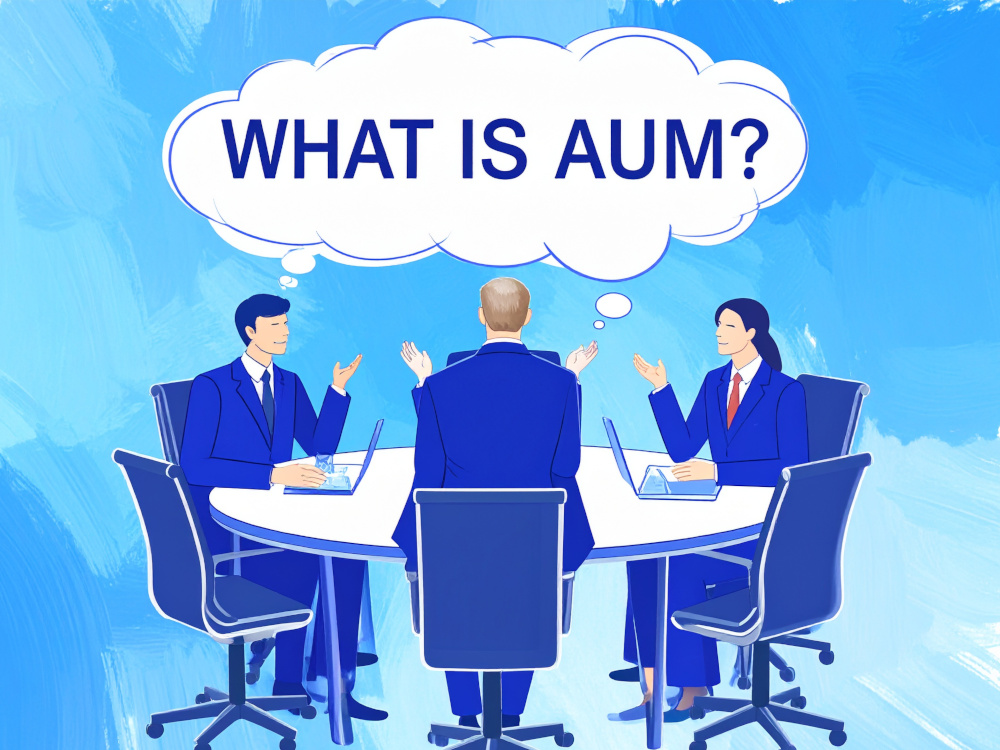Shakespeare said a rose by any other name would smell as sweet, but if you decide to call a tiger a rose without telling anybody, someone’s likely to get bitten. The lack of a shared vocabulary in any field opens the door to confusion and possibly conflict, so the U.S.-based Ultra High Net Worth (UHNW) Institute recently launched a new tool for families and their advisors: the Wealthesaurus.
Launched in June, this glossary of family wealth advising terms is a free online tool that offers clear definitions of more than 80 terms commonly used in the wealth advisory field.
Indeed, one of those terms is “ultra high net worth” itself. Last week, Canadian Family Offices explored what UHNW means in the Canadian context, and it turned into one of our most popular articles in quite awhile.
The Wealthesaurus brings clarity, structure and consistency to a field that’s grown increasingly complex.
Tom McCullough, Northwood Family Office
Among other terms, the Wealthesaurus explains the distinctions between “assets under administration,” “assets under advisement” and “assets under management.” Some entries define the specialized language used in particular disciplines; others clarify and standardize terms that are not always used consistently, such as UHNW.

The Wealthesaurus indicates it is intended to provide “intellectual frameworks and standards for ultra-high-net-worth (UHNW) family wealth management and advising,” so it doesn’t include terms from related disciplines such as law and accountancy. It was launched in beta mode to UHNW Institute members in late 2024 and has been refined since then. It will continue to be tweaked as needed.
“We had to make a decision what to include and what not to include,” says Jim Grubman, owner of Family Wealth Consulting in Lexington, Mass. As a leader at the UHNW Institute, he was instrumental in the development of the Wealthesaurus.
“We didn’t want to duplicate other sources. We decided that if the term was reasonably and freely available in other databases, we didn’t need to duplicate it; we also list five or six financial or legal glossaries,” he adds.
The Institute also offers, to its members only, a significant resource library with more than 500 web-based, searchable resources. It’s apparently the only library of its kind in the field.
The Wealthesaurus, alternatively, was offered free to the public because of the need for it in the industry, Grubman says. It has been written in natural language, avoiding both jargon and bias in order to make it useful and accessible to the widest possible audience, he adds.
“There are some terms where there is controversy, so I wanted to write things in a very even-handed and balanced way,” Grubman says.
One such debatable term, he says, is “multi-family office (MFO).” Many firms claim to be MFOs, but not all might meet the Wealthesaurus definition.
“Although the Family Wealth Alliance did set some standard some time ago, there are no enforceable standards,” Grubman says. So the Wealthesaurus serves to move toward further standardization of the industry itself.

“I like it,” says Patrick O’Connor, CEO of Winnipeg-based Blackwood Family Enterprise Services. He notes that a member of Blackwood’s team, neuropsychologist and family wealth consultant Moira Somers, helped create the Wealthesaurus in her capacity as chair of the UHNW Institute’s family-advisory relationships domain.
“Anything that we can be doing to help educate the families is a good thing,” O’Connor says. “Right now, with AI, there is information that you can access, but having [the Wealthesaurus] in a controlled space, having this curated by people who really know what they’re talking about, is important.”
O’Connor points out that this tool may be especially helpful for the rising generation that is new to the idea of governance.
“This will be a place for people to come and get up to speed on things,” he predicts. “They sit in these meetings and often don’t talk because they don’t know where to start. Now they can access the information in real time if they’re at a meeting.”
Tom McCullough, chairman and CEO of Northwood Family Office in Toronto, was also closely involved in developing the Wealthesaurus. He calls it “a foundational step forward for our profession.”
After all, he asks, when even experienced professionals can use the same term to mean different things, depending on their discipline or background, how can families avoid confusion?
“The Wealthesaurus brings clarity, structure and consistency to a field that’s grown increasingly complex,” McCullough says.
He says there were “some spirited debates behind the scenes.” The terms “family governance,” “family office” and even “client” elicited a surprising amount of debate.

“We worked hard to find definitions that were both rigorous and practical, but also flexible enough to accommodate real-world diversity. It’s unlikely everyone will agree with every entry, and that’s okay. The point is to start the conversation and move toward greater clarity,” McCullough says.
The UHNW Institute has also launched a standardized model for delivering integrated wealth management, called the AIM Framework (for Assessment, Implementation and Monitoring).
Grubman notes, “One part of that is beginning to look at the range of advisory-business models, some of which are specialists, some of which are collaborative, and some of which are truly integrated, to set out some guidelines for integrated wealth management.”
Very few family offices are able to offer truly integrated services, he says, which would ideally include all of the Institute’s Ten Domains of Family Wealth, noting that any firm that tried to maintain in-house expertise in all 10 services would be “a very difficult business model in terms of pricing.”
He says the UHNW Institute is exploring a hub-and-spoke model in which one firm functions as a hub that unites practitioners in specialized areas (the “spokes”) through close collaborative arrangements, something like the general contractor and the trades in a construction project.
“There’s a strong amount of collaboration, and the hub maintains oversight and integration of the services; sometimes they even have strategic relationships,” he says.
McCullough says the Wealthesaurus “is part of a broader ecosystem the institute is building—from the AIM Framework to new assessment tools and service models—all aimed at helping firms evolve and families make better-informed decisions.
“It is a deceptively simple innovation, but its impact could be profound: clearer thinking, better collaboration and, ultimately, better outcomes for UHNW families.”
The Canadian Family Offices newsletter comes out on Sundays and Wednesdays. If you are interested in stories about Canadian enterprising families, family offices and the professionals who work with them, but like your content aggregated, you can sign up for our free newsletter here.
Please visit here to see information about our standards of journalistic excellence.



